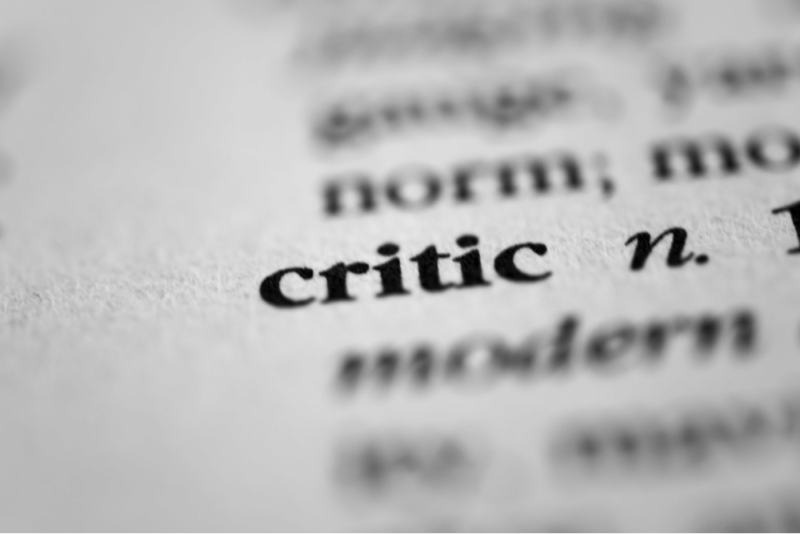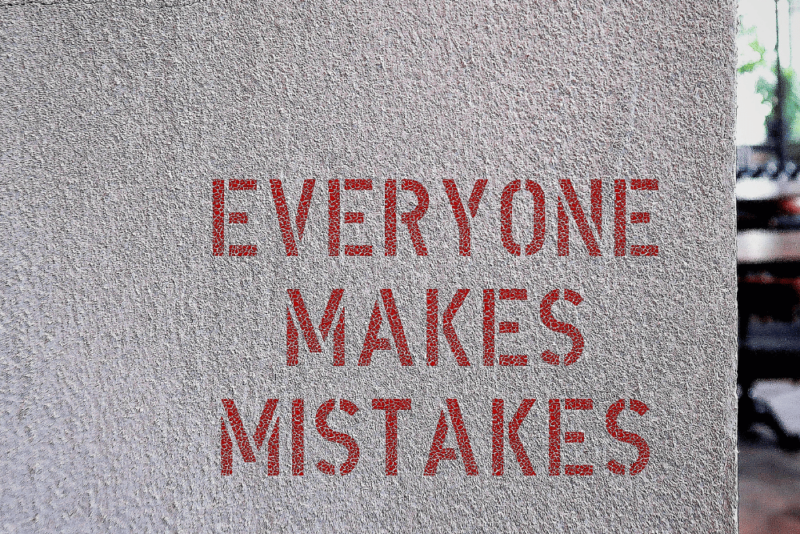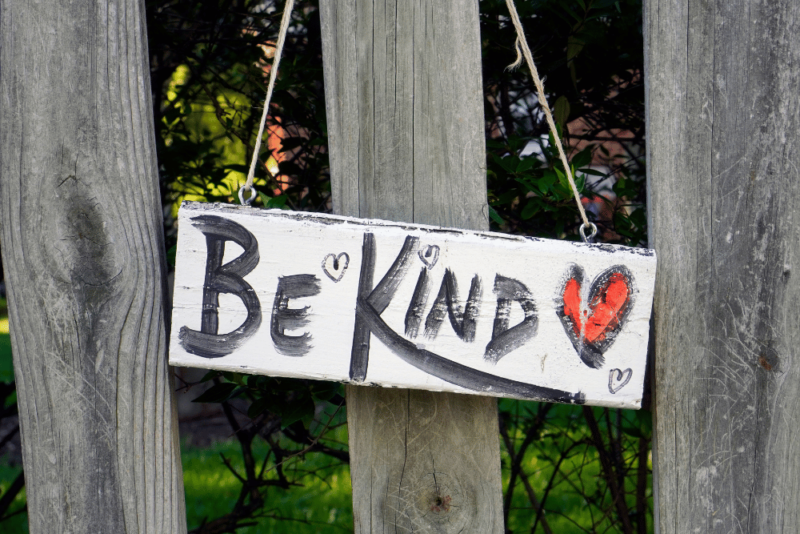
Earlier than stepping into as we speak’s publish, I wish to let you realize that for the month of December, I’m providing a 20% low cost on subscriptions to the paid model of my e-newsletter, Meals Noise. That’s $50 $40 for the primary 12 months, or $5 $4 for the primary month.
I’ve received some nice articles arising that you simply received’t see right here on the weblog, so don’t miss out! You’ll get hyperlinks + suggestions, my critiques of vitamin reporting within the media, a month-to-month Ask Me Something publish, plus unique articles (latest articles embrace “The whackadoo historical past of weight-reduction plan,” “Are you able to be fit-and-fat? The not so easy fact,” “Does sugar trigger most cancers?” and “Why are you hungrier than typical?”
Seize your subscription right here!
Disordered consuming — and consuming issues — know no boundaries. Nobody’s immune as a result of they’ll declare a selected gender, age, physique weight, revenue degree, schooling degree, pores and skin coloration or ethnic/cultural affiliation. Disordered consuming is an equal alternative offender, even when it’s much less prone to be acknowledged in individuals who don’t match the stereotype of younger, white, feminine, skinny, cis-hetero and middle-to-upper class.
Sadly, disordered consuming and consuming issues are additionally on the rise, and the stress and uncertainty of the COVID pandemic accelerated that rise. It’s too quickly to know for positive, however I believe that the persevering with political uncertainty, coupled with threats to the bodily autonomy of girls and queer and trans people, will proceed to stir up disordered consuming.
All of that stated, it’s vital for researchers and clinicians similar to myself to maintain asking questions on how we will defend ourselves and others from the pit of vipers that’s disordered consuming. How can we forestall falling in in any respect? How can we pull ourselves out earlier than the harm to bodily, emotional and psychological well being is just too extreme?
A latest meta-analysis of 135 research sought to supply a solution to that query by wanting on the associations between disordered consuming, self-criticism and self-compassion. Spoiler: being extra self-critical is related to having extra disordered consuming and fewer self-compassion. Let’s have a look at this extra intently.

The double whammy of perfectionism and self-criticism
Self-compassion is about treating your self with kindness, care, and concern throughout life struggles or when confronting private inadequacies, errors, and failures. Self-criticism is to deal with your self negatively, to pile on by blaming your self while you make a mistake, to think about it an additional failure should you dare to be fighting one thing.
The tendency to be self-critical might enhance your susceptibility to psychological well being issues and assist keep these issues as soon as they’ve developed. Proof has established that self-criticism is a threat issue for despair, anxiousness, post-traumatic stress, and lots of aspects of disordered consuming, together with meals restriction, purging behaviors, and extreme train.
Self-criticism might hurt your relationships with family and friends. It could additionally exist in tandem with low-self-esteem and perfectionism, in form of a “chicken-or-the-egg” scenario.
When you wrestle with self-critical perfectionism — while you’re overly essential of your self and are perpetually involved that others are essential of you — it’s possible you’ll be particularly prone to binge consuming, restrictive weight-reduction plan and physique dissatisfaction.
Many individuals discover it tough to domesticate self-compassion, as a result of they suppose it’s foolish and fluffy, or a bit too woo-woo — even when they don’t have any bother displaying compassion to different individuals. However should you wrestle with self-critical perfectionism, growing self-compassion will really feel even more durable, as a result of you concern that if you’re too compassionate, too sort, to your self, you’ll don’t have any probability to stay as much as the requirements that may — simply may — make you worthy and acceptable sufficient to keep away from your individual self-criticism and the (largely imagined) criticism of others.
Mockingly, it’s self-compassion that may defend you from the hamster wheel of perfectionism and soothe the sting of criticism. Self-critical perfectionism is a dropping recreation, as a result of you’ll all the time be upping the ante on your self. You’ll by no means attain the purpose the place you’re feeling such as you’ve achieved sufficient, that you’re sufficient.
When you’re considering that self-compassion is the other of self-criticism, you’re partially proper, but it surely’s actually extra nuanced than that. Self-compassion encompasses mindfulness, self-kindness and customary humanity. The other of that’s over-identification (with destructive ideas and emotions), self-judgement and isolation.

Why self-compassion?
Although self-criticism and self-compassion aren’t two sides of the identical coin, there’s a whole lot of strong analysis demonstrating that after we strengthen our self-compassion muscle, we do expertise much less self-criticism.
Having larger ranges of self-compassion additionally helps us be extra resilient to emphasize (useful usually, however particularly in troubling occasions) and improves cognitive and psychological well-being. Increased self-compassion can also be related to decrease ranges of destructive physique picture and better ranges of optimistic physique picture, together with much less disordered consuming.
So if you’re like, “Yep, I’m a self-critical perfectionist,” and also you wrestle with disordered consuming and destructive physique picture, the thought isn’t to work instantly on being much less self-critical — it’s to work on constructing self-compassion.
In case your first response is, “I’m unfit of compassion” I’d say that it is a pink flag, or a canary in a coal mine. Since you ARE worthy of compassion. We’re ALL worthy of compassion. That’s the “frequent humanity” piece of self-compassion: we’re all human, we’re all fallible, all of us make errors, all of us wrestle or undergo in methods huge or small.
Your struggles or your errors could also be larger or smaller than the subsequent particular person’s however you’re each equally WORTHY of compassion and self-compassion.
And should you’re subsequent response is, “However I HAVE to be excellent,” then that’s one other pink flag. Once more, we’re people, we’re not excellent…so why do you’re feeling that you’re completely different? Why are you upholding your self to a harsher commonplace? The choice to striving for perfection isn’t adopting a screw all of it way of living. There’s a center floor of attempting to do our greatest in an inexpensive manner that doesn’t eat at our bodily or psychological well being.
(I do understand that strolling the center path feels HARD should you’re vulnerable to black-or-white, all-or-nothing considering. So if that is one thing you actually wrestle with, this is able to be factor to convey to a therapist.)

Inviting self-compassion in
I wish to restate that attempting to scale back self-criticism doesn’t itself enhance self-compassion. That’s just like how decreasing destructive physique picture doesn’t itself enhance optimistic physique picture. Whereas it may be useful to softly problem self-critical ideas, in order for you extra of the nice (self-compassion) in your life, it’s good to actively invite it in and apply on constructing these abilities.
I’ve written about self-compassion quite a few occasions (as a result of it’s vital!) and hyperlinks to these articles are under. Additionally, listed below are my favourite I’ve written about self-compassion quite a few occasions (as a result of it’s vital!) and hyperlinks to these articles are under. Additionally, listed below are my favourite self-compassion assets, those I take advantage of myself and share on a regular basis:
Additionally, there have been some glorious episodes on self-compassion on the Ten P.c Happier podcast:
Associated Posts
This publish incorporates Amazon Affiliate hyperlinks. As an Amazon Affiliate I earn from qualifying purchases.
Carrie Dennett, MPH, RDN, is a Pacific Northwest-based registered dietitian nutritionist, journalist, intuitive consuming counselor, writer, and speaker. Her superpowers embrace busting vitamin myths and empowering girls to really feel higher of their our bodies and make meals selections that assist pleasure, vitamin and well being. This publish is for informational functions solely and doesn’t represent individualized vitamin or medical recommendation.
Looking for 1-on-1 vitamin counseling? Study extra about her Meals & Physique, IBS administration, and vitamin counseling packages, and e book an intro name to see if this system is an efficient match, and if we’re match!
Need unique content material on vitamin, well being, weight-reduction plan tradition and extra, plus critiques of vitamin and well being journalism? Subscribe to my Meals Noise e-newsletter!


